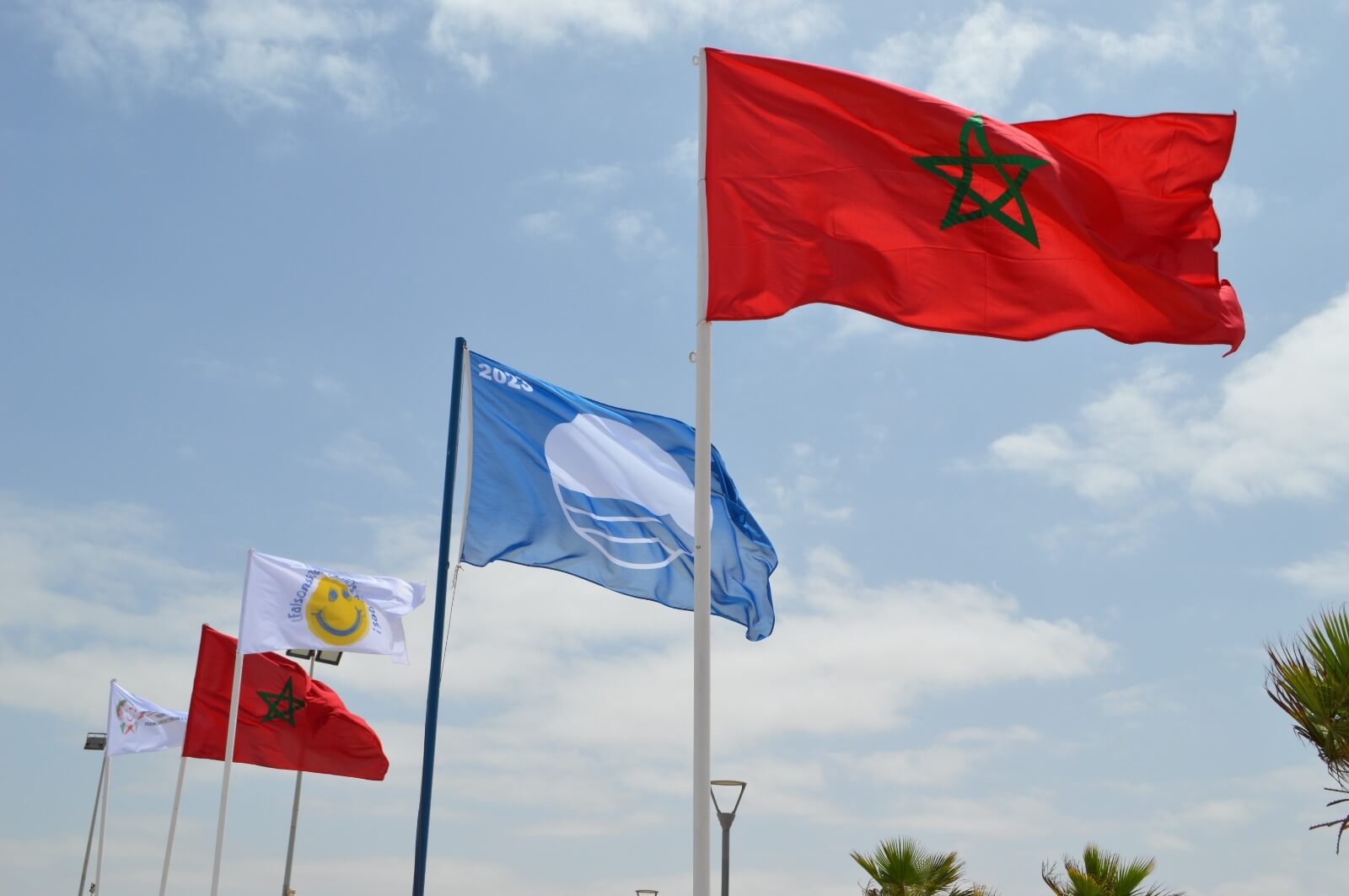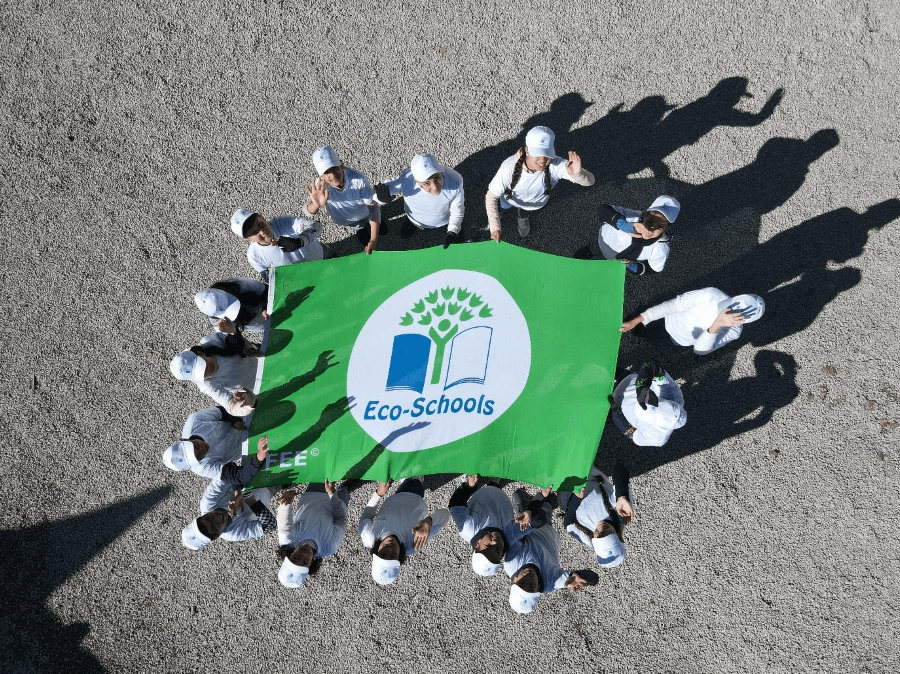
The Mohammed VI Foundation, which co-organized this conference on environmental education, wants to make an eco-friendly event and reduce its carbon footprint to a minimum. It is also an opportunity for the Foundation to promote its carbon program.
From June 9 to 14th, the World Environmental Education Congress 2013 is about to receive over 1,200 delegates from around the world to share their experiences on environmental education and the best ways to raise awareness about these critical issues.
Advocating teaching by example, the event organizers, the WEEC Secretariat and the Mohammed VI Foundation for Environmental Protection, opted to make this conference a green event and issued a charter advocating ways to protect the environment during the six-day conference, and a daily approach after the conference completion.
As this type of event is traditionally a big consumer of paper, it starts by reducing paper consumption. In this savings strategy, with an objective of zero paper, the Internet is obviously instrumental. All information, maps, and notes on conferences, interventions, etc. are systematically put online on the event site www.weec2013.org. Registrations are online and communications via email. Even the traditional press kit is delivered electronically, saving an abundance of photocopies. When print is the only option, two-sided copies are advisable. In the exhibition area, exhibitors are aware of the rational use of brochures, recycling of their stand decorations, and collection of all their waste at the end of the event.
True to its eco-friendly approach, the Foundation, in a first experience of this kind, has initiated an eco-design for exhibition stands. The lifecycle of stands was taken into account from the start. Thus, the Foundation plans to distribute renewable and reusable elements from the stand (cabinets, chairs and tables) to rural schools, and recyclable materials (wood, jute) to cooperatives in the Marrakech region.
Food service during the WEEC 2013 was developed with environmental considerations: priority given to local products to avoid transport, overly packaged products excluded that avoid unnecessary waste, accurate assessment of meals to be served and related quantities to avoid waste, and reusable dishes.
As for waste, sorting is available (paper and cardboard, glass, metal and plastic) and participants will be aware of the bins. This waste will then be diverted to specialized recycling and recovery.
Delegates are encouraged to minimize the use of motor vehicles. To assist, shuttles have been established on routes designed primarily for serving select hotels that have been awarded an eco-label, such as the Green Key eco-label managed by the Foundation. Schedules will be widely disseminated to facilitate their use. Moreover, preferential pricing is available for Congress participants who use a bike instead of a car.
The WEEC 2013 carbon footprint problem is most acute for transportation, particularly air travel. For 1,200 people to meet in one geographical location from around the world, some from antipodal points, generates a considerable carbon footprint. This footprint is the inevitable counterpart of any global congress.
To offset this dilemma, the organizers have proposed two solutions. The first approach is to offer participants the opportunity to offset their CO2 emissions related to their travel. To do this, they can use the carbon calculator provided by the Mohammed VI Foundation for Environmental Protection (www.fm6e.org/co2/fr2) and pay a small amount that will be allocated to an environmental project (photovoltaic, planting, education or other).
The second approach is an overall solution. The Mohammed VI Foundation for Environmental Protection and the organizers will conduct a carbon footprint of the WEEC 2013 and undertake carbon offset projects to compensate. Participants will be informed through the WEEC 2013 and the Foundation websites, and they can enjoy the satisfaction of having participated in an official conference where the unavoidable carbon footprint was offset by an environmental project, making the WEEC 2013 an event with a near zero carbon footprint.
The Foundation’s CO2 calculator was established in 2012 on an experimental basis. For Morocco, it’s the first experiment of its kind, but the Foundation is used to being a pioneer in environmental issues. Behind this educational tool is a more concrete program of voluntary carbon offsetting. Large Moroccan companies, which have been approached and convinced by the Foundation, offset their CO2 emissions by funding the Foundation or other environmental projects. Consequently, the electrification of over 140 rural schools in solar PV has enabled the improvement of academic conditions for over 8,000 students and made them aware of the greenhouse effect and climate change. This is also the case in Marrakech, where the program has led to the planting of hundreds of thousands of palm seedlings to regenerate and preserve the Marrakech Palm Grove, the Palmeraie, whose reputation and global appeal are components in the success of WEEC 2013. At a minimum, the Palm Grove is owed a return in carbon offsets.
The 7th WEEC
The unique global WEEC Congress, which takes place every two years, sets forth the main environmental education experiences divided by subject, and presents them to the world. During the 2013 event, crosscutting issues are developed to illustrate the relationship between urban and rural: in search of greater harmony, and eleven thematic niches are explored to embrace intercultural dialogue from ethics to health. The themes can therefore include various important subjects that fascinate both educators and environmental professionals.
The WEEC is celebrating its tenth anniversary with the 2013 edition. The first congress was held in Portugal in 2003. Subsequent events were held in Brazil in 2004, Italy in 2005, South Africa in 2007, Canada in 2009, and Australia in 2011 (for more information about previous editions www.environmental-education.org).
The 2013 event therefore represents a new opportunity to offer a national and international audience the latest thinking and best practices, and to share experiences on issues related to environmental education.
To foster cultural diversity, the Congress is multilingual, with four official languages: Arabic, French, English, and Spanish. It is organized according to the ecological principles of zero carbon, zero waste, and local food.

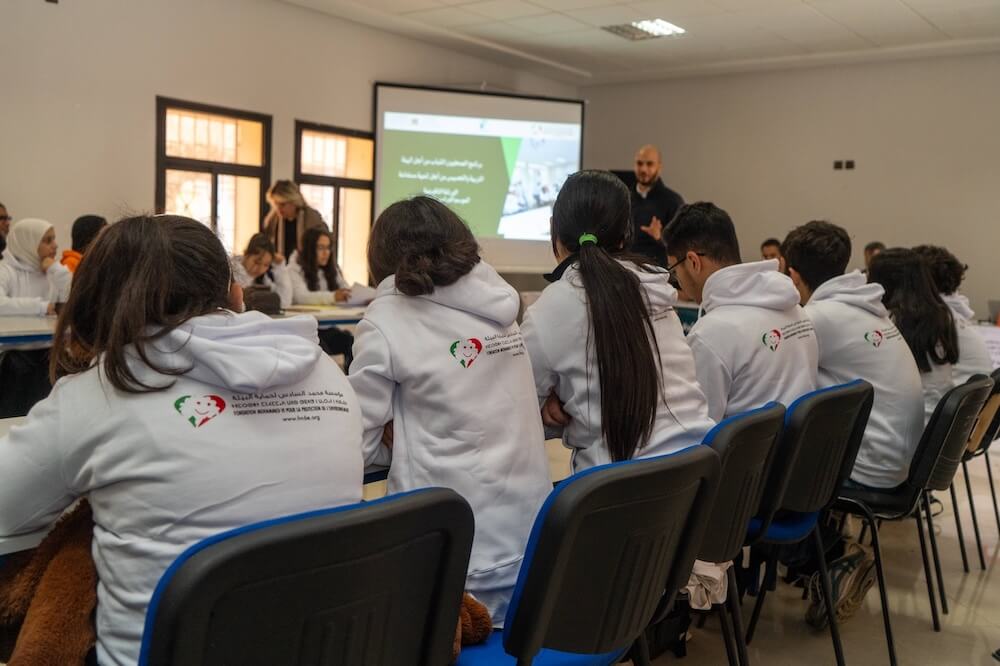
Enhancing Education for Sustainable Development: Launch of Regional Workshops for the Training and Capacity Building of the Educational Community for the 2024-2025 School Year
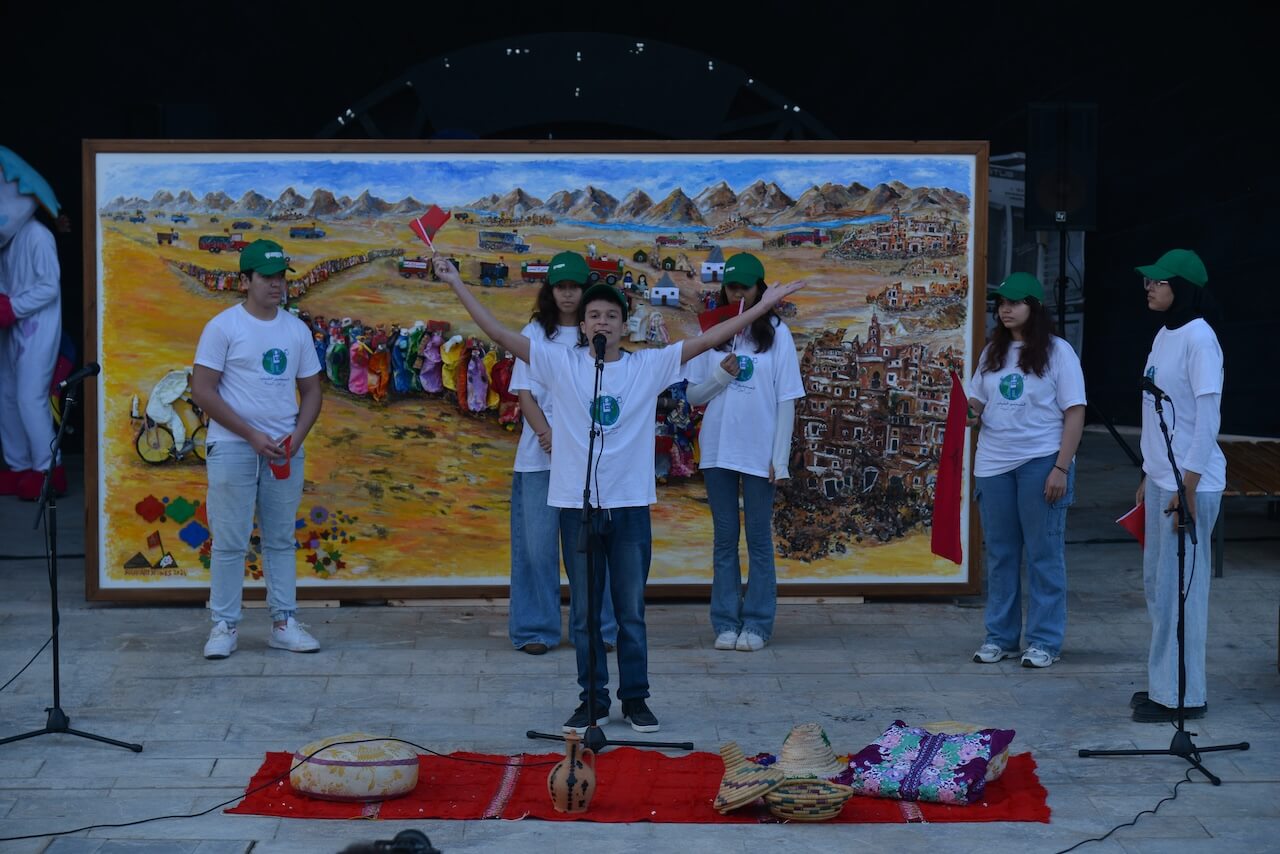
National Training Workshop for Coordinators of Education for Sustainable Development: Driving Innovation and Digitalization for Change, with the Restitution Ceremony of the Solid’Art Jeunes Project
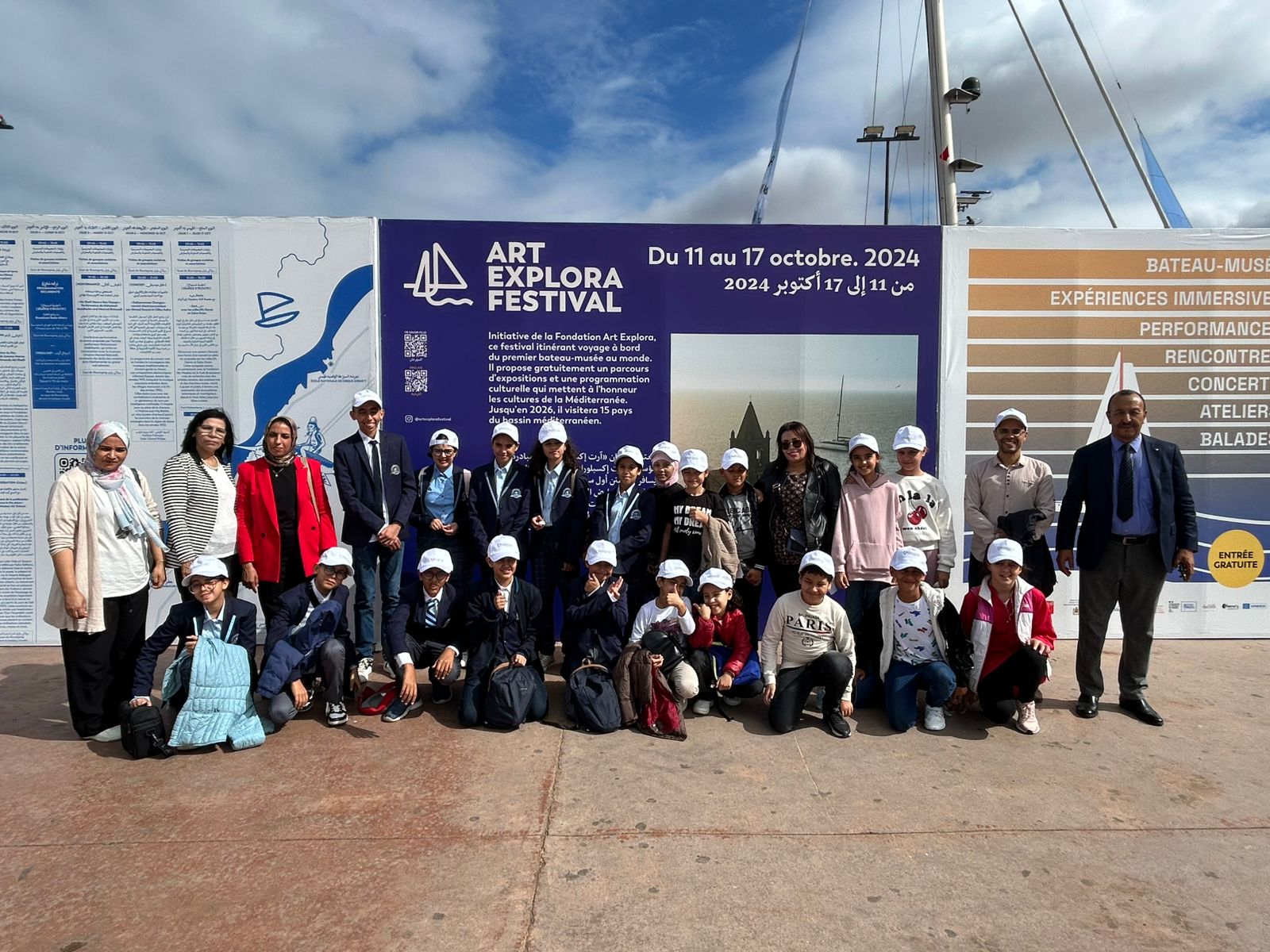
Sustainable Creativity: Eco-Schools and Young Reporters for the Environment dive into the World of ArtExplora in Rabat
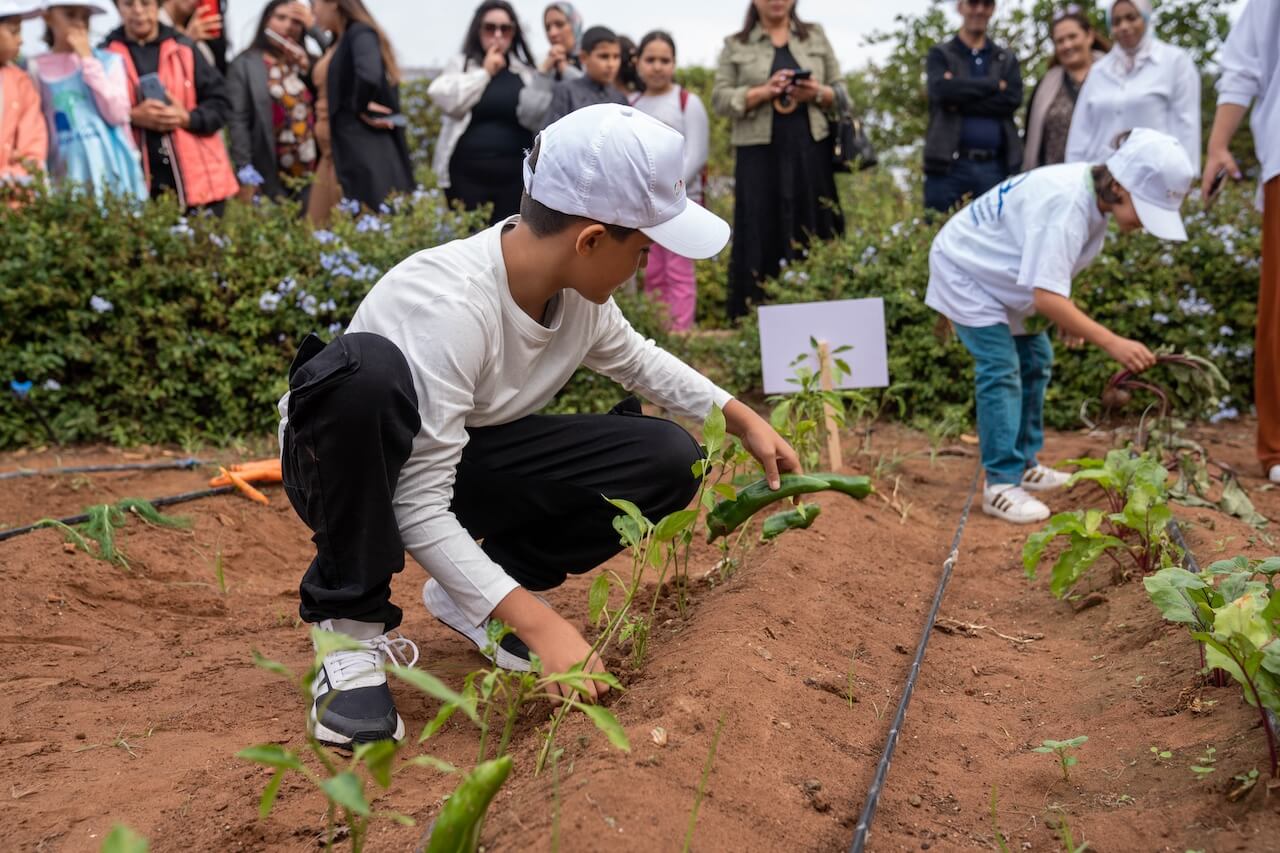
World Food Day
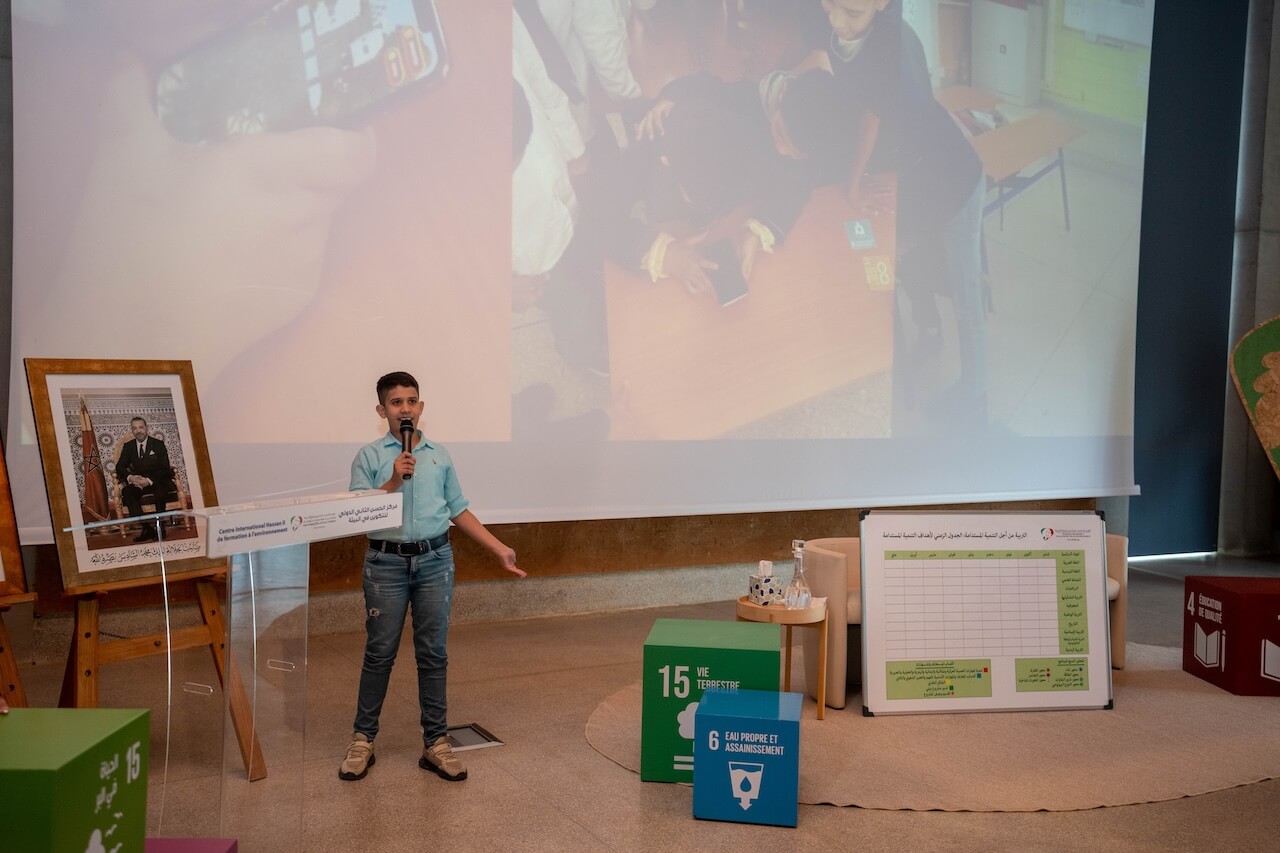
World Environmental Education Day
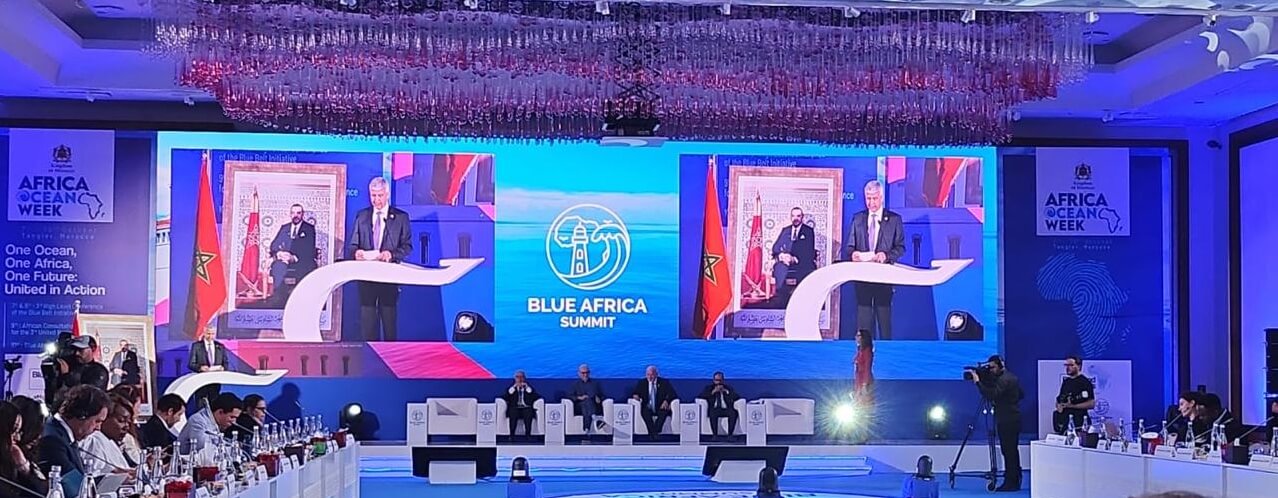
The Mohammed VI Foundation for Environmental Protection took an active part in the “African Consultation in preparation for the 3rd United Nations Conference on the Ocean” and the “Blue Africa Summit” in Tangier.
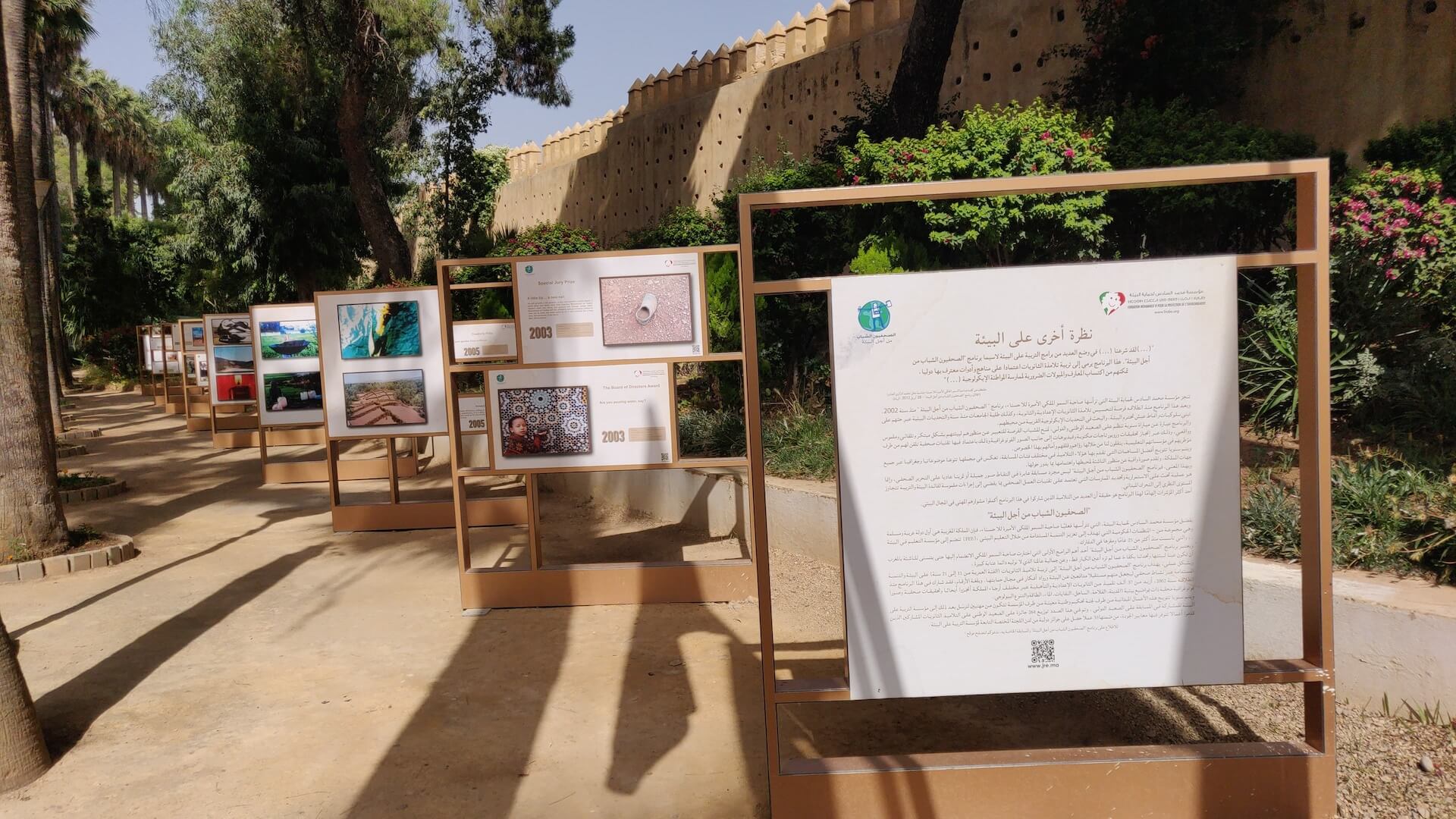
22nd Young Reporters for the Environment competition: natural disasters as theme
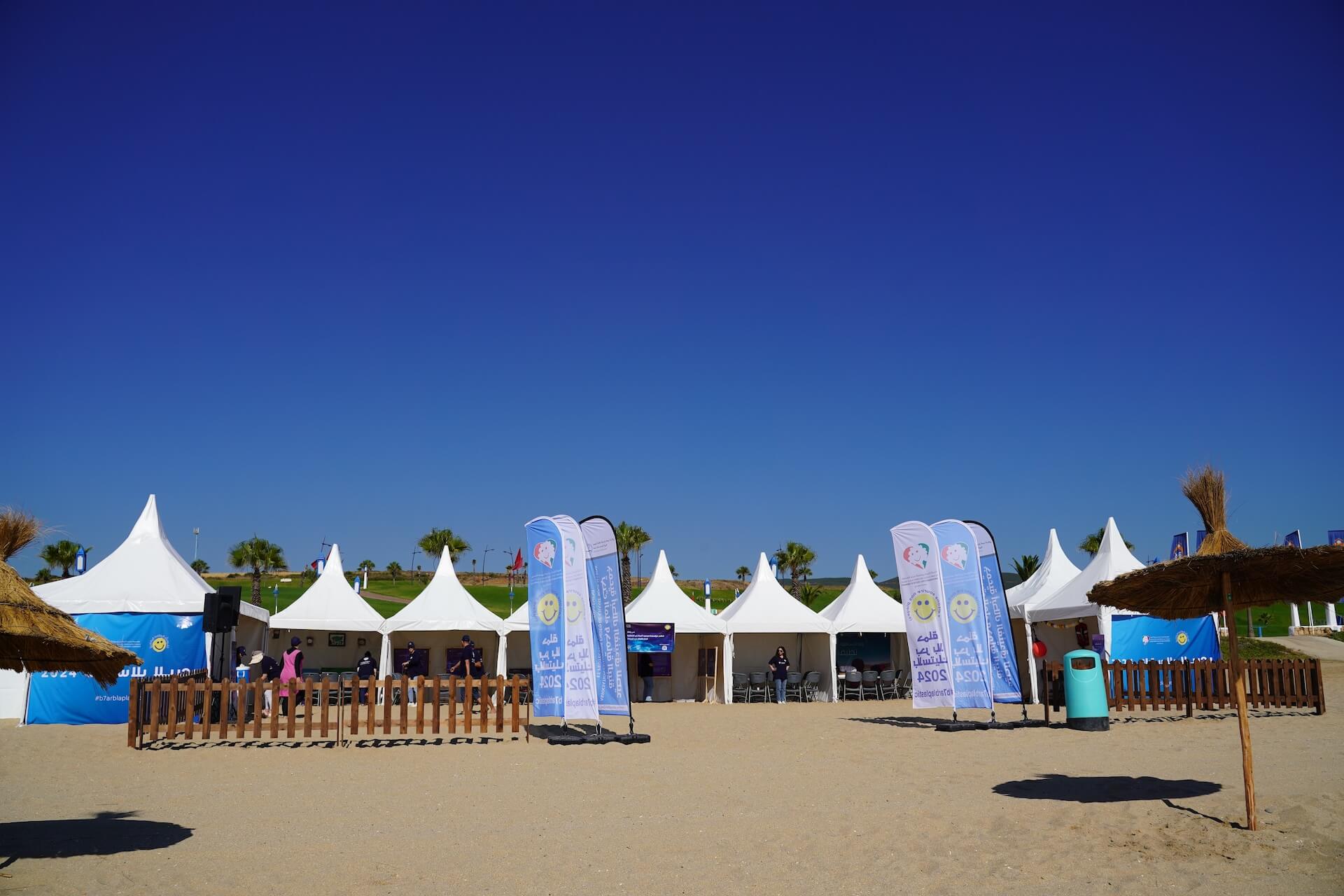
The Mohammed VI Foundation for Environmental Protection launches the 5th edition of the #Bharblaplastic operation (#SeasWithoutPlastic)
